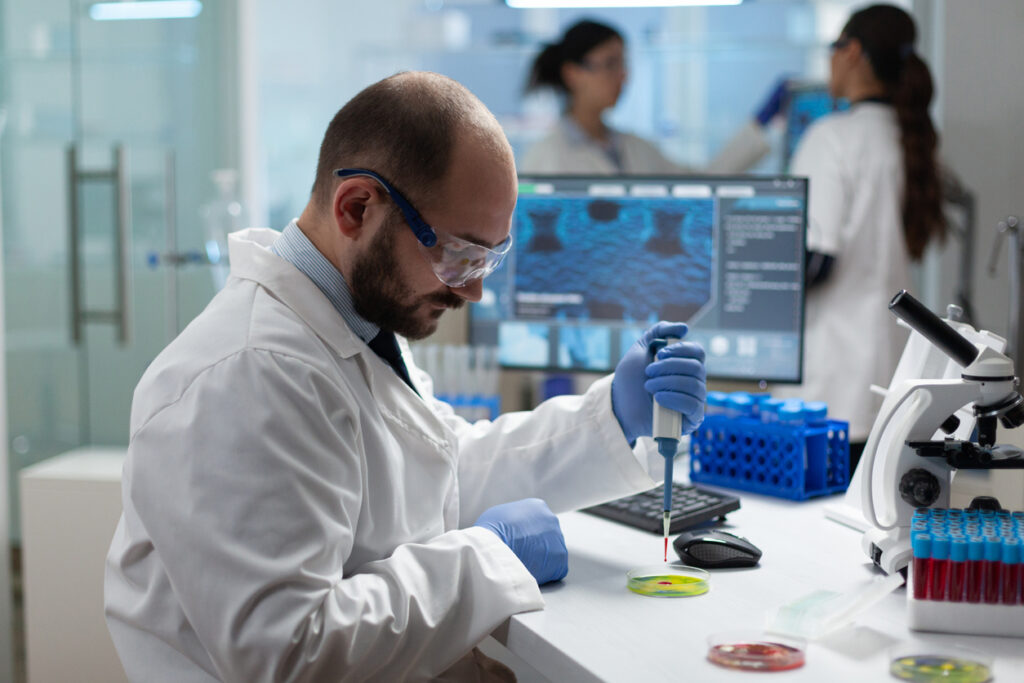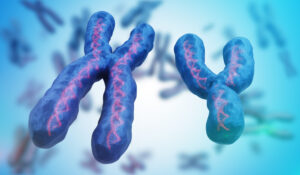
Genetic Diagnosis in Adults
Some adults, either before marriage or starting a family, will decide to undergo carrier screening, a specific type of genetic testing. Even though an adult may not show any symptoms of a rare disease, they may be carriers for a gene or chromosomal change, that can be passed onto their children who may then in […]










